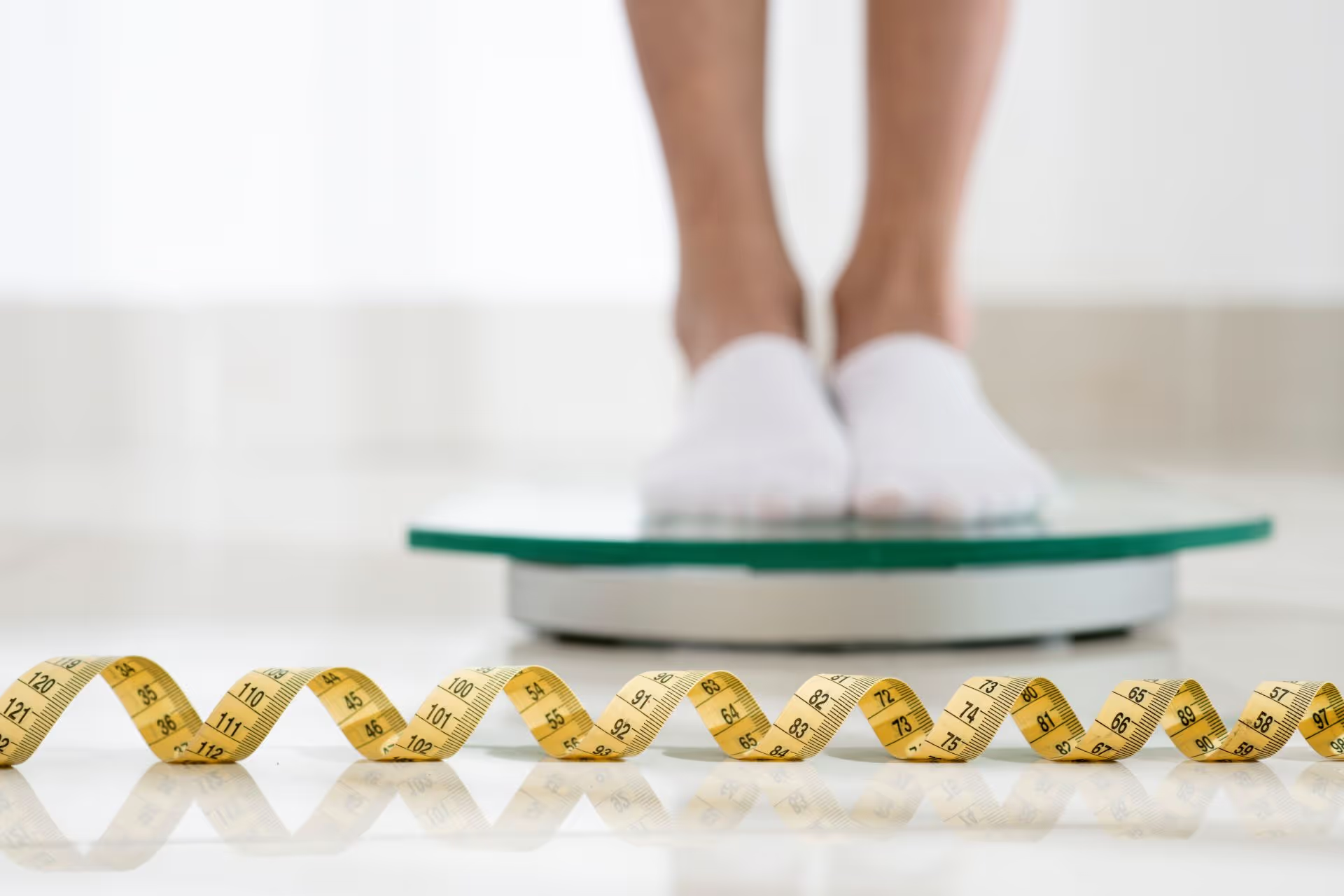TRT NJ: The Hidden Reason Your Testosterone Levels Are Tanking (And Why It Might Be Causing Your Depression)
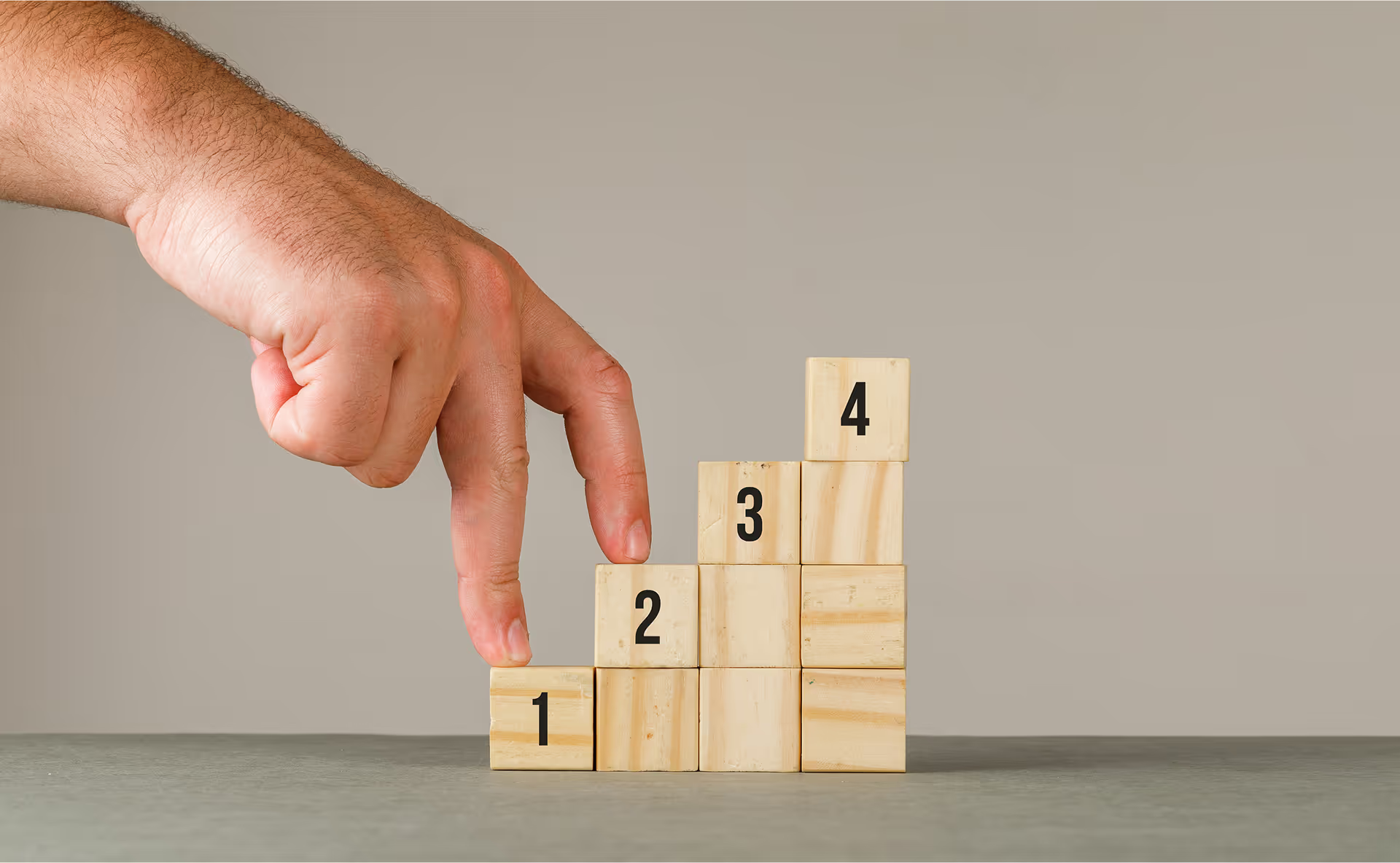
You've tried three different antidepressants. You've been to therapy. You've changed your diet, started exercising, and practiced meditation. Yet you still wake up feeling like you're dragging yourself through quicksand every single day.
What if I told you the real problem might not be in your head – but in your hormones?
The Testosterone Crisis No One's Talking About

Here's a statistic that should alarm every man reading this: testosterone levels have been dropping across the board for decades. Men today have significantly lower testosterone than their fathers and grandfathers did at the same age.
But here's what's even more shocking – many men suffering from depression are actually dealing with undiagnosed low testosterone.
When you search for TRT NJ or testosterone replacement therapy, you'll find plenty of clinics promising bigger muscles and better performance in the bedroom. But they're missing the most important benefit: TRT can be a game-changer for treatment-resistant depression.
The Depression-Testosterone Connection Psychiatrists Are Finally Recognizing

For years, the medical community treated depression and low testosterone as completely separate issues. You'd see a psychiatrist for your mood and an endocrinologist for your hormones – if you even knew to check your hormones at all.
But groundbreaking research is changing everything.
Dr. Aba Morgentaler, a leading researcher in this field, has been pushing testosterone therapy for depression for years. Finally, it's gaining traction in psychiatric settings across the country.
The reality is this: Many patients on multiple antidepressant medications discover their depression was actually caused by low testosterone levels all along.
Think about it – wouldn't you rather address the root cause than keep adding more psychiatric medications to your daily routine?
Why Your Testosterone Levels Are Plummeting
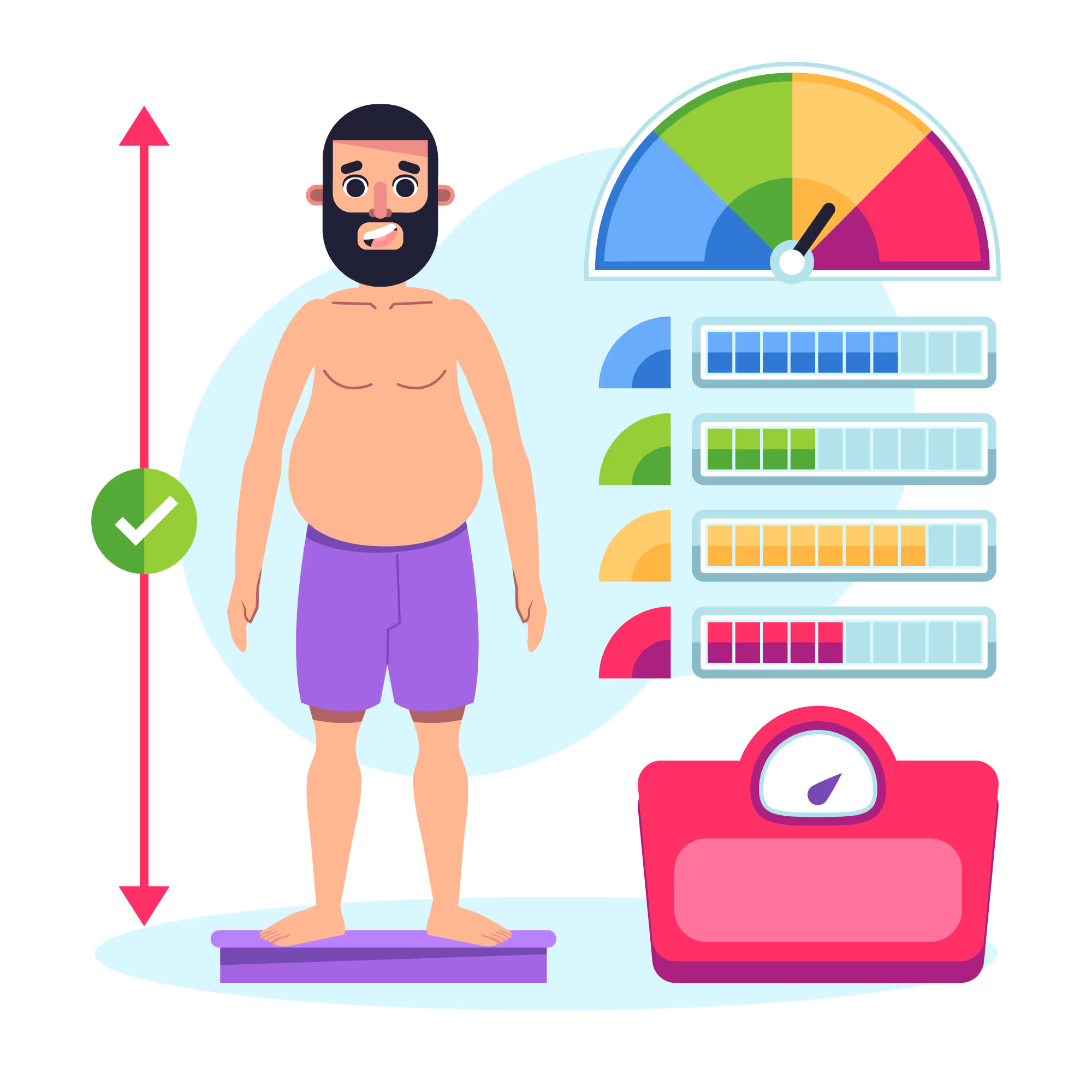
It's Not Just Aging Anymore
Low testosterone isn't just an "old man's problem" anymore. We're seeing younger men in their 20s and 30s with testosterone levels that would have been considered abnormal just a generation ago.
Several factors are contributing to this crisis:
- Environmental toxins affecting hormone production
- Chronic stress from modern lifestyle demands
- Poor sleep quality disrupting natural hormone cycles
- Processed foods and nutritional deficiencies
- Sedentary lifestyles reducing natural testosterone production
The Psychiatric Misdiagnosis Problem
Here's what typically happens: You go to your primary care doctor complaining of fatigue, low mood, and lack of motivation. They refer you to a psychiatrist who prescribes antidepressants.
But nobody checks your testosterone levels.
You spend months or years trying different psychiatric medications, experiencing side effects, and wondering why nothing seems to work completely.
Meanwhile, your real problem – low testosterone – goes completely untreated.
How Low Testosterone Mimics Depression
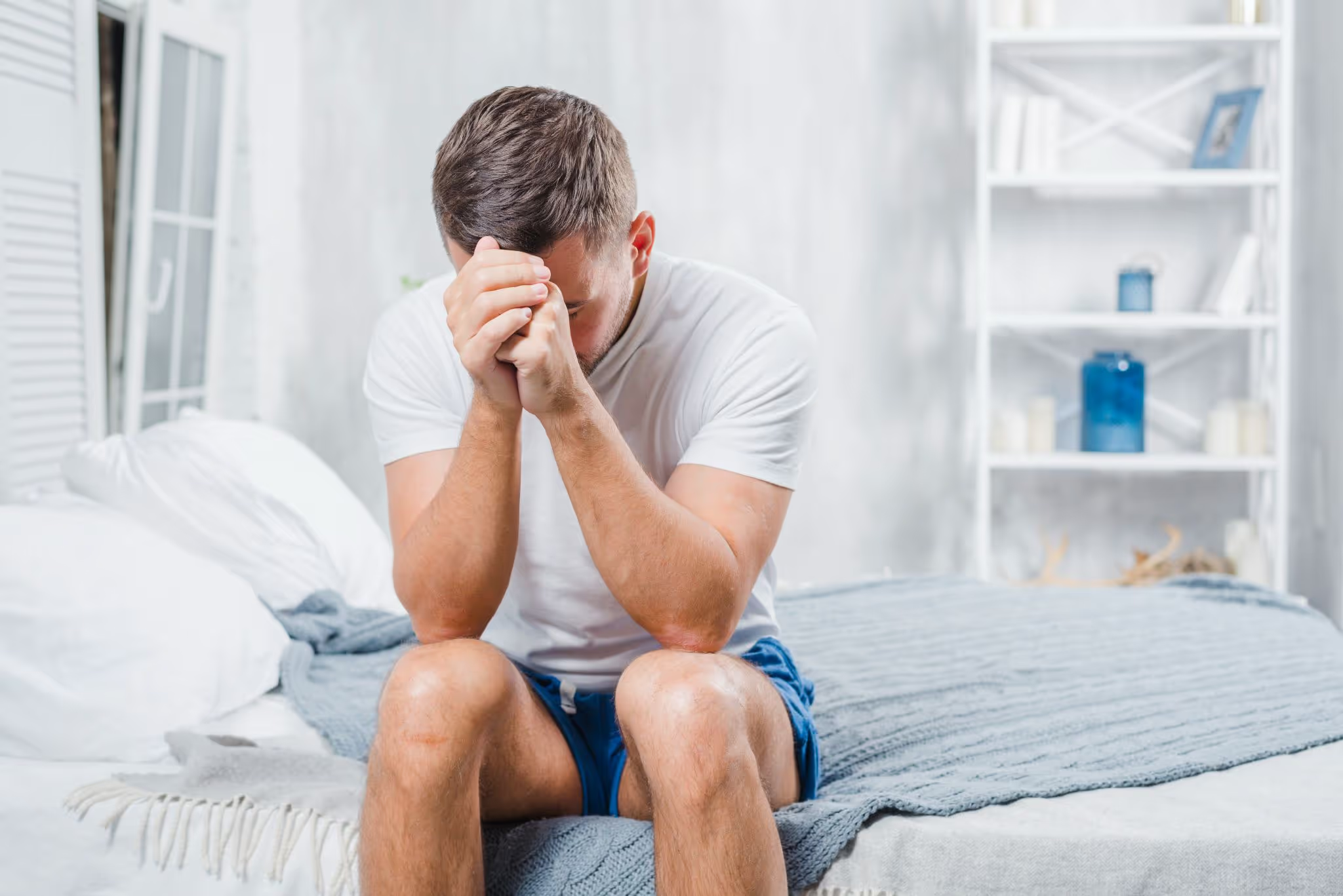
The symptoms overlap so significantly that low testosterone and depression are often indistinguishable:
Mood and Mental Health Symptoms
- Persistent sadness or "empty" mood
- Loss of interest in activities you once enjoyed
- Irritability and mood swings
- Difficulty concentrating or making decisions
- Feelings of worthlessness or guilt
Physical and Energy Symptoms
- Chronic fatigue and low energy
- Sleep disturbances
- Changes in appetite
- Decreased libido and sexual function
- Loss of muscle mass and strength
Sound familiar? If you've been diagnosed with depression but haven't had your testosterone checked, you might be treating the wrong problem.
The Revolutionary Approach: Treating Depression with TRT

What the Research Shows
Testosterone replacement therapy for depression isn't experimental – it's evidence-based medicine. Studies consistently show that men with low testosterone who receive TRT experience:
- Significant improvement in mood and energy
- Reduced symptoms of depression and anxiety
- Better sleep quality and cognitive function
- Improved motivation and life satisfaction
- Enhanced overall quality of life
Why TRT Works When Antidepressants Don't
Antidepressants work on brain chemistry, but they can't fix a hormone deficiency. If your depression is caused by low testosterone, psychiatric medications are like putting a band-aid on a broken bone.
TRT addresses the actual biological cause of your symptoms rather than just masking them.
Our comprehensive (men's health program) takes a holistic approach, addressing not just testosterone levels but overall hormonal balance and wellness.
What Makes a Qualified TRT Doctor Different?

Beyond "Feel Good" Clinics
When you search for testosterone replacement therapy New Jersey, you'll find plenty of "low T" clinics promising quick fixes. But TRT for depression requires sophisticated medical management.
You need a physician who understands:
- The complex relationship between hormones and mental health
- How to properly diagnose and treat hormonal imbalances
- When TRT is appropriate and when it's not
- How to monitor treatment and adjust protocols safely
Comprehensive Evaluation Process
Real TRT treatment starts with thorough evaluation, not just a quick blood test. This includes:
- Complete hormone panel testing
- Assessment of symptoms and medical history
- Physical examination and health screening
- Discussion of treatment goals and expectations
- Ongoing monitoring and adjustment protocols
Red Flags: TRT Clinics to Avoid

Aggressive Sales Tactics
Beware of clinics that:
- Promise immediate results or "miracle cures"
- Push expensive packages without proper evaluation
- Don't discuss potential risks or side effects
- Focus more on marketing than medical care
One-Size-Fits-All Approaches
Every man's hormonal needs are different. Avoid providers who:
- Use identical protocols for all patients
- Don't adjust treatment based on individual response
- Fail to monitor long-term health markers
- Don't address underlying causes of low testosterone
The Real TRT Experience: What to Expect

Timeline for Depression Improvement
TRT isn't an overnight fix, but most men notice improvements within:
- 2-4 weeks: Initial energy and mood improvements
- 6-8 weeks: More significant mood stabilization
- 3-6 months: Full benefits typically realized
- Ongoing: Continued optimization and fine-tuning
Beyond Depression: Additional Benefits
Men often discover TRT improves areas of their life they didn't expect:
- Increased motivation and drive
- Better physical performance and recovery
- Improved relationships and social confidence
- Enhanced cognitive function and mental clarity
- Greater overall life satisfaction
A Doctor's Honest Approach to Men's Health
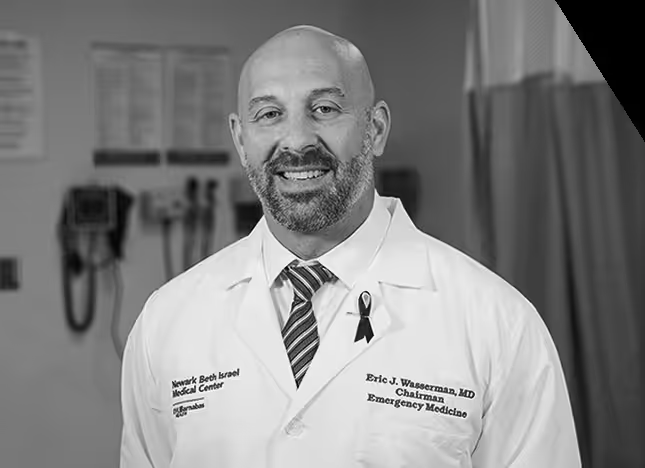
Here's the truth: I don't care what you've been afraid to discuss with other doctors. Whether it's depression, sexual function, energy levels, or any other men's health concern – I'm not here to judge you.
After 25 years in emergency medicine, I've seen it all. My goal is simple: help you get to where you want to be, whatever that looks like for you.
You want to feel less depressed and have more energy? Let's check your testosterone and see if that's the missing piece of your puzzle.
You're tired of psychiatric medications that don't seem to work completely? Maybe it's time to look at the hormonal component of your mental health.
You want a doctor who will actually listen and take your concerns seriously? That's exactly what you'll get.
For immediate health concerns or questions about hormone therapy, our (urgent care services) ensure you always have access to qualified medical advice when you need it.
Getting Started: Your Path to Better Mental Health

Don't spend another year wondering why nothing seems to help your depression completely.
If you're dealing with persistent mood issues, low energy, or treatment-resistant depression, low testosterone might be the missing piece of your health puzzle.
The first step is simple: Get your testosterone levels properly tested and evaluated by a physician who understands the connection between hormones and mental health.
Our comprehensive (men's health program) includes thorough hormone evaluation, personalized treatment protocols, and ongoing support to help you achieve optimal mental and physical wellness.
Ready to Explore TRT as Depression Treatment?

TRT NJ isn't just about building muscle or improving sexual performance – it's about reclaiming your mental health and overall quality of life.
At Marmaxx Medical, we understand the complex relationship between hormones and mental health. With over 25 years of medical experience, we provide evidence-based testosterone replacement therapy New Jersey men trust for real results.
Stop letting undiagnosed low testosterone control your life. Contact us today to schedule a comprehensive evaluation and discover if TRT could be the depression treatment you've been searching for.
Book an Appointment
Schedule a one-on-one consultation – either in person or virtual – to begin your journey toward better health


